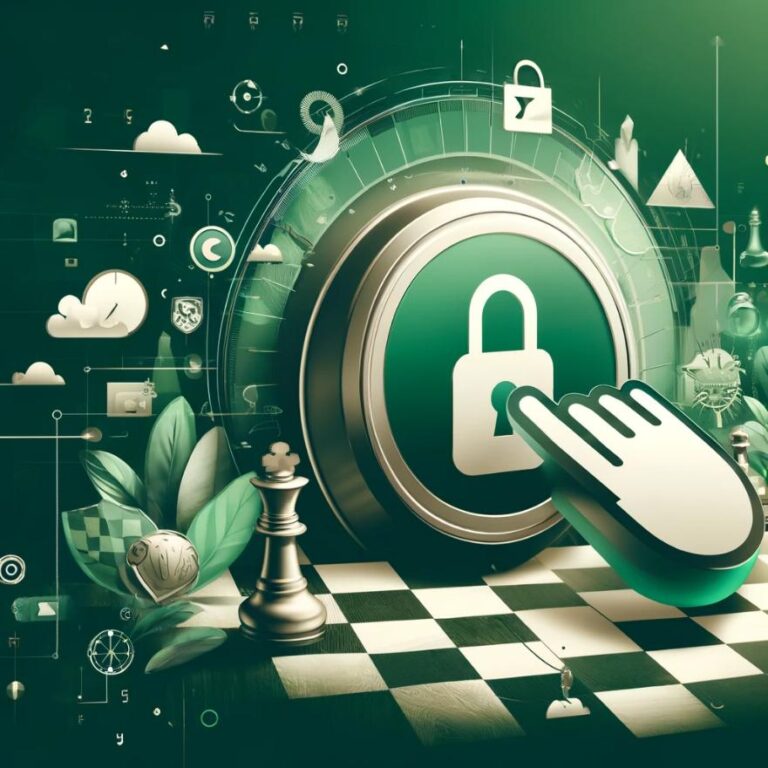Section 1: Understanding the Basics of Critical Thinking
Critical thinking is an essential skill that is highly valued in many areas, including education, business, and problem-solving. It involves using our reasoning skills to analyze and evaluate information, make decisions, and solve problems. In today´s fast-paced and complex world, critical thinking has become more crucial than ever. It allows us to navigate through challenges and make informed decisions based on logic rather than emotions. Chess is a game that requires players to use critical thinking skills at every step. In this section, we will explore the basics of critical thinking and how chess can help develop this essential skill.
1. Analysis: Critical thinking involves breaking down complex information or problems into smaller, more manageable parts. It allows us to examine information from different perspectives and identify the underlying patterns and connections.
3. Inference: Critical thinking involves using our observations and reasoning to draw logical conclusions. It allows us to interpret information and make predictions based on evidence.
Now, let´s see how chess incorporates these essential elements of critical thinking.
Section 2: Chess and Analysis
Chess is a strategic board game that requires players to analyze the current situation on the board, anticipate their opponent´s moves, and plan their strategies accordingly. It involves breaking down the game into smaller parts and examining them from different angles to identify the best move. Chess players also need to pay close attention to their opponent´s moves to analyze their intentions and adjust their strategies accordingly.
Section 3: Chess and Evaluation
Critical thinking also requires us to evaluate information, and chess provides plenty of opportunities to practice this skill. In chess, players need to assess the value of their pieces and the risks involved in making a move. They also need to evaluate their opponent´s position and the potential threats they may face. This evaluation helps players make informed decisions based on evidence rather than emotions.
Section 4: Chess and Problem-Solving
Lastly, chess is an excellent tool for developing problem-solving skills, which are a crucial aspect of critical thinking. In chess, players are constantly faced with new and unfamiliar situations, and they need to use their analytical and evaluative skills to come up with the best move. This process of identifying a problem, gathering information, analyzing it, and finding a solution is the fundamental framework of problem-solving, which also applies to real-life situations.
In conclusion, chess is a game that involves using critical thinking skills at every step. It requires players to analyze, evaluate, infer, and problem-solve, making it an excellent tool for developing and sharpening critical thinking skills. Incorporating chess into education and training programs can greatly benefit individuals in developing this essential skill that is highly valued in today´s world.

